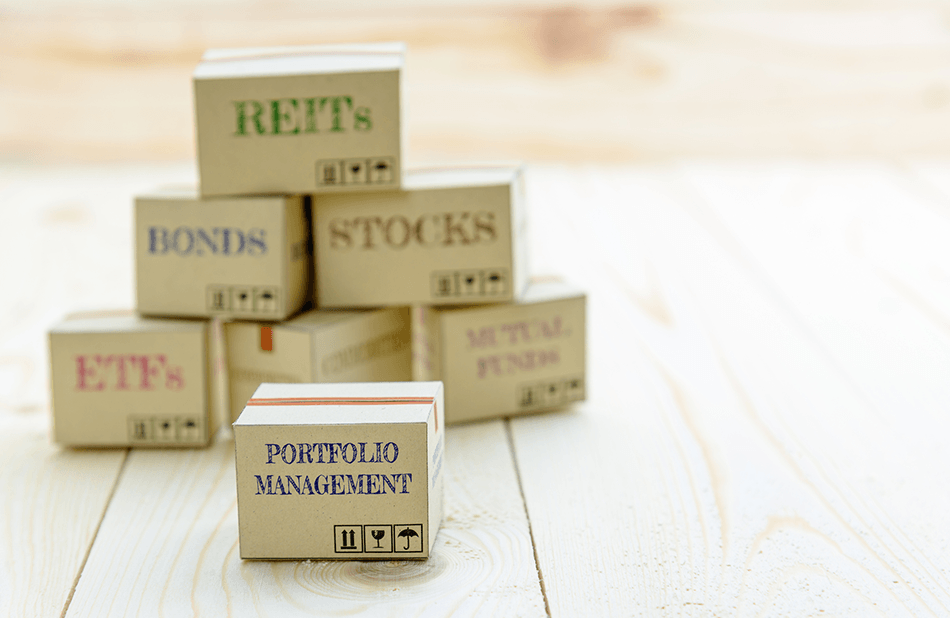Tax Efficient Strategies for Charitable Giving
As the seasons start to change and the holidays approach, we are reminded of how fortunate we are and how much we have to be grateful for. We are also reminded that the season of giving is upon us. But, if you’re retired, you may be worried about where extra income will come from and how you can continue to support the charities that are important to you. For retirees, there are some strategies that you can use for giving to charity that may make charitable giving to your schools, religious organizations, cultural causes and neighborhood charities more tax efficient.
Just like with most things, before you begin you should have a plan. Knowing how much you want to give and the charities you wish to give to, can give you a better idea of how much you will be spending overall. Next, you should review your selection and follow the tax rules closely so that you are sure you’re getting full credit for your gift.
One of the tax-efficient strategies you could start with is using qualified charitable distribution or QCDs. These reduce your taxable income without itemizing and can satisfy and required minimum distribution. You may even be able to write a check straight from your IRA in order to satisfy your QCD. But, before you make any IRA moves, you may want to first check with your IRA custodian to make sure that you don’t miss any necessary steps. It’s also important to note some guidelines for QCDs, if you take out your required minimum distribution and then decide to do the QCD, it won’t count towards your RMD. You also have to correctly report your qualified charitable distribution on your tax return and know that there is a limit of $100,000 per individual.
Another option is looking into a donor-advised fund. This fund groups your deductions so you can itemize more easily. The money also grows tax free, and you have the option of donating anonymously. However, even though they are set up in your name, these funds are controlled by a large nonprofit organization. You can donate different things such as real estate, cash or assets just to name a few. But, although you may suggest grants to charities, you won’t have full control, and these accounts might come with additional fees.
Lastly, you should consider donating your appreciated assets in order to avoid long-term capital-gains of up to 20%. Before doing this though, you should consider your heirs who are looking their chance for a step-up basis by inheriting appreciated assets.
The world of charity and taxes can be overwhelming, which is why it’s important to talk over all your options with your financial planner before making any decisions. We want to make sure you’re making smart tax moves to protect your portfolio. Click here to schedule your no cost, no obligation financial review and make sure you have a tax efficient strategy for charitable giving

